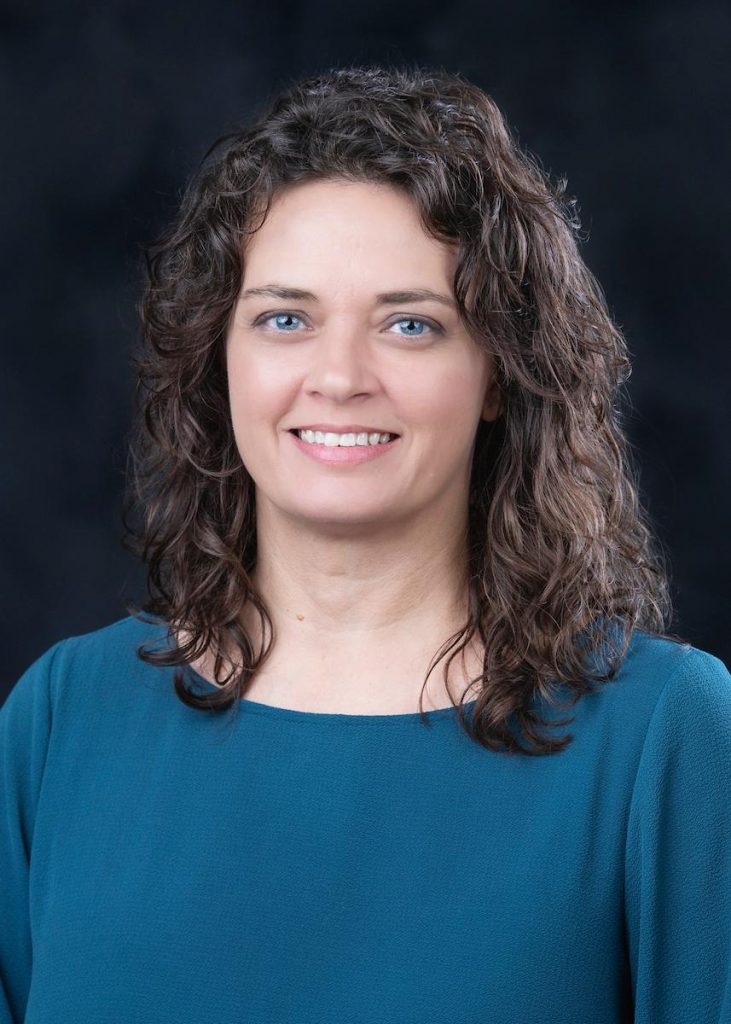
Mary Read-Wahidi is the co-founder and co-director of the Gender Impacts Lab at Mississippi State University. She has served as the Gender Impacts Co-Lead for the Feed the Future Soybean Innovation Lab since joining the lab in 2015 and as the Gender and Youth Co-Lead for the Feed the Future Innovation Lab for Fish Management Entity since the lab’s creation in 2018. Read-Wahidi has served as PI, Co-PI, senior research scientist, and evaluator on projects supported by USAID, US Department of Agriculture Foreign Agricultural Service, and the Centers for Disease Control and Prevention. Her geographical experience includes Ghana, Zambia, and the Southeastern US. Read-Wahidi’s global research focuses on positively impacting food security, gender equity, and agricultural productivity among smallscale men and women farmers, fishers, and other value-chain actors to help feed the world’s growing population.
Read-Wahidi’s serves as US Co-PI on FishFirst! Zambia (K. Ragsdale, US PI; M. Read-Wahidi, US Co-PI; N. Mudege, Zambia PI; P. Marinda, Zambia PI). FishFirst! Zambia’s primary aim is to develop a fish-based multiple micro-nutrient powder called Complementary Food for Africa+Dried Fish Powder (ComFA+Fish) and evaluate its acceptability among 6-23 month-olds in Zambia. This is the first step in the ultimate goal to provide a tasty, low-cost, higher quality source of protein and micronutrients for food insecure young children that can be scalable to countries throughout sub-Saharan Africa. In May 2021, FishFirst! Zambia’s administered 485 surveys to men and women fishers, processors, and traders at Lake Kariba – including mothers of 6-23 month-olds.
Read-Wahidi co-led development of the novel Post-Harvest Fish Loss Assessment for Smallscale Fisheries (PHFL)(Ragsdale et al., 2021). She is co-leading development of a webinar and training manual on tailoring the PHFL to assist researchers, extensionists, etc., in collecting cross-comparable data on post-harvest loss in aquaculture and fisheries. She co-led implementation of the Fish4Zambia survey conducted at Lake Bangweulu among 397 smallscale fishery value-chain actors (K. Ragsdale, US PI; M. Read-Wahidi, US Co-PI; E. Torell, US Co-PI; L. Pincus, Zambia PI; P. Marinda, Zambia Co-PI). An article is under revision for World Development and the executive summary is available here.
Read-Wahidi is PI or Co-PI on all research funded by USAID through the Soybean and Fish Innovation Labs, including the customizable Gender Responsive Agricultural Development Assessment (GRADA), which was featured in a Feed the Future Advancing Women’s Empowerment report. In July 2021, her team conducted the Women’s Thresher Project Evaluation – Phase II Survey (K. Ragsdale, PI; M. Read-Wahidi, Co-PI) in northern Ghana to explore mechanized thresher ownership among 191 women soybean farmers who are also thresher cooperative members.
Recent highlights from her Soybean Innovation Lab work include a journal article under revision for Food Security, which uses a gender lens to frame the impact of receiving a Soybean Success Kit – an input bundle of certified seed, fertilizer, inoculum – on soybean yield and soybean income among women soybean farmers vis-à-vis men soybean farmers. In January 2021, Read-Wahidi and Ragsdale launched their open-access course, Increasing Your Gender Responsive Agricultural Development Capacity. This is the first in a suite of certification courses for the Soybean and Fish Innovation Labs to advance gender-responsive agricultural development.